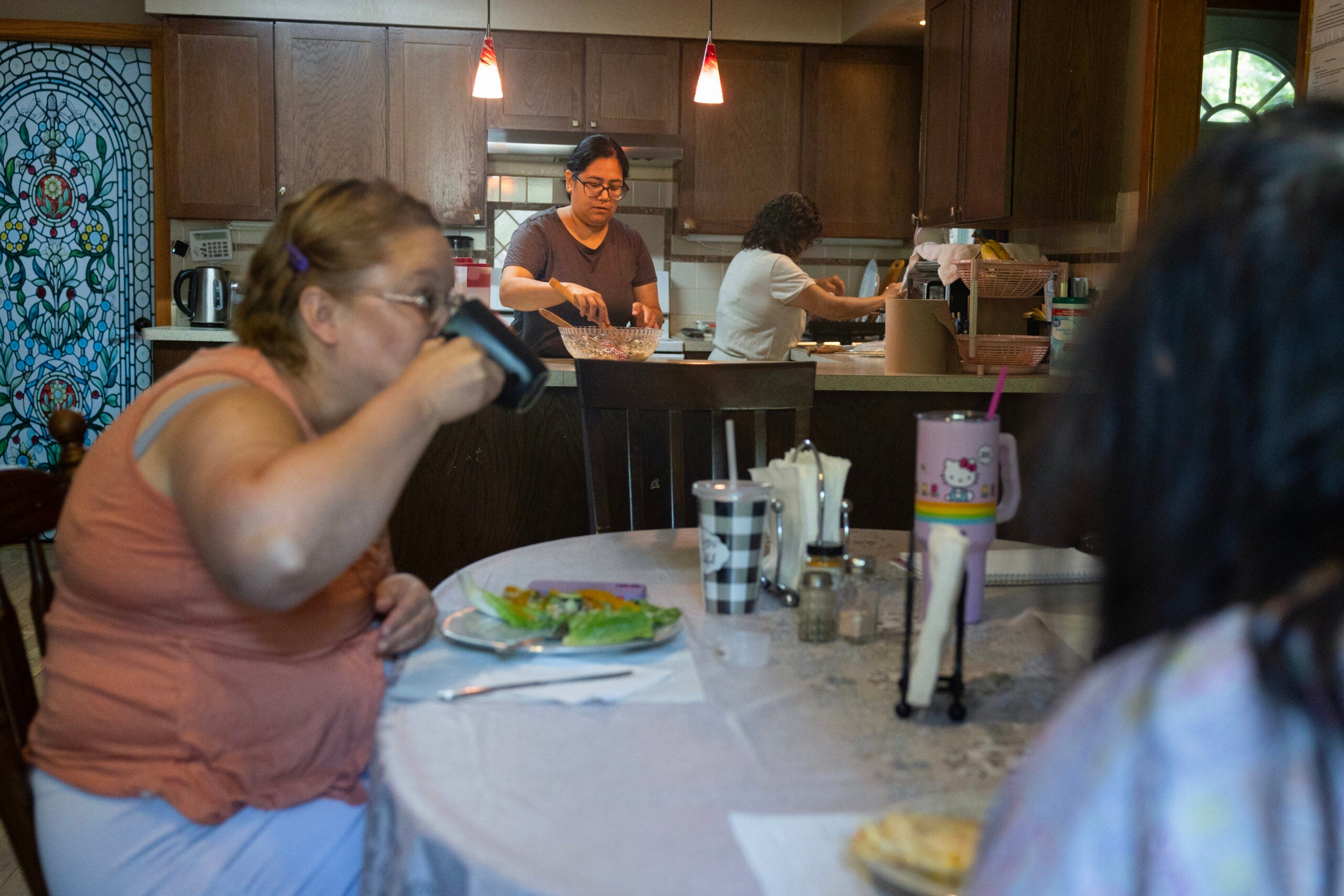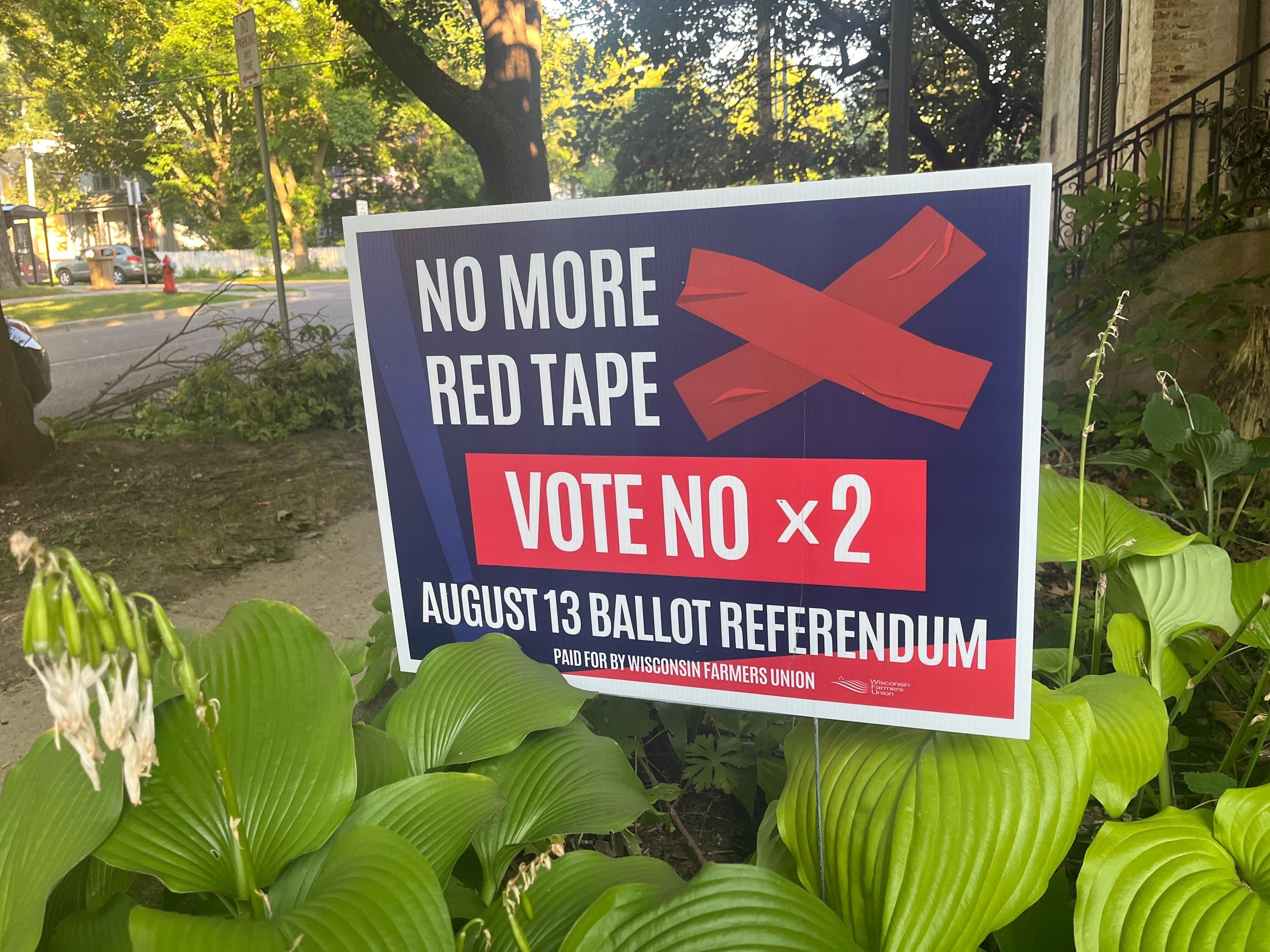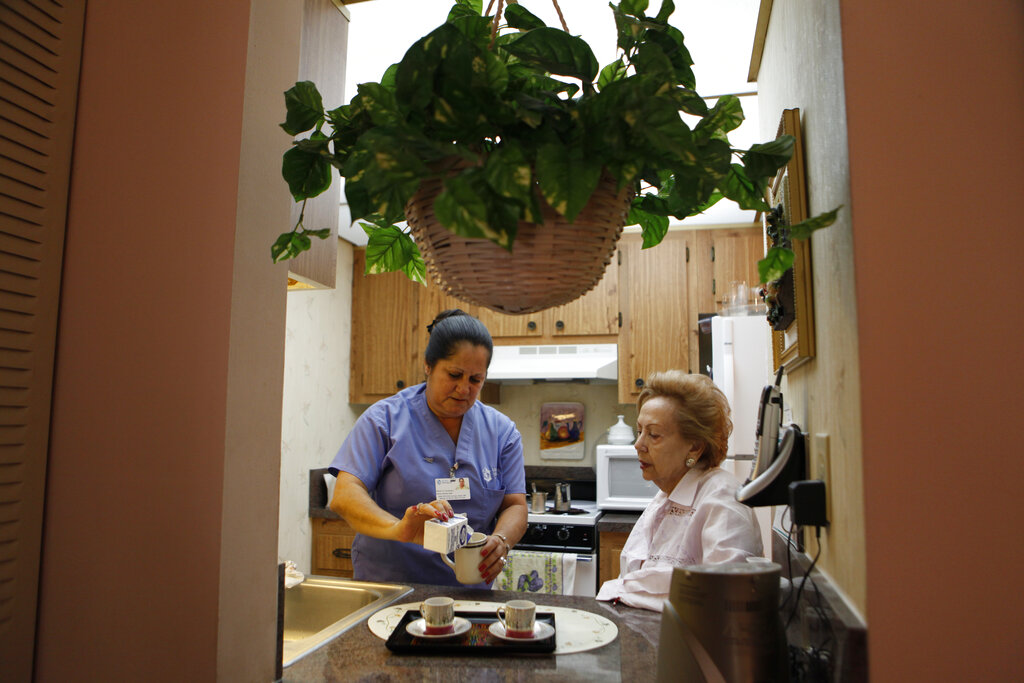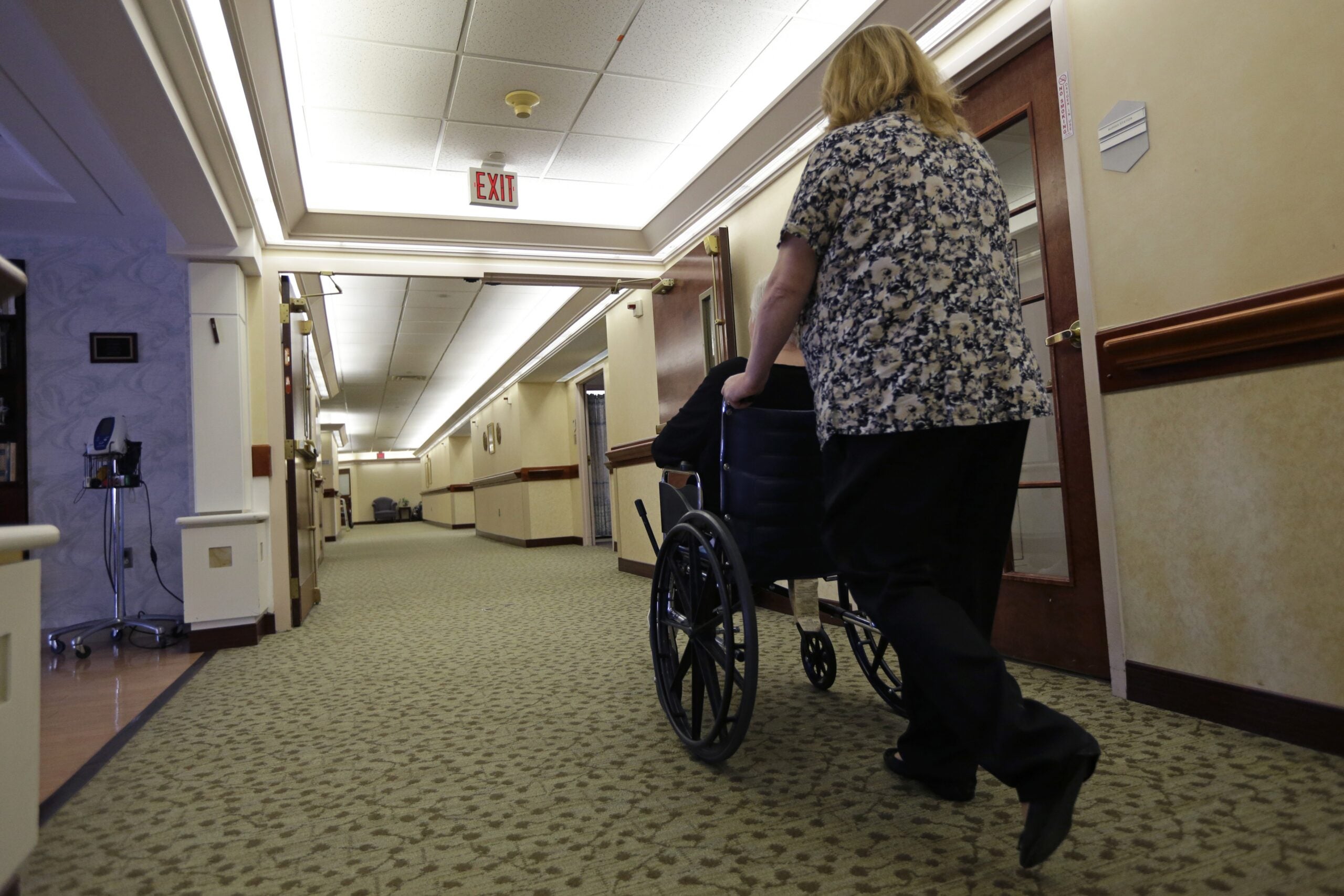Gov. Scott Walker’s administration is shelving proposed changes to Wisconsin’s long-term care programs that had drawn bipartisan opposition from lawmakers, consumers and other advocates.
In a letter to lawmakers, state Department of Health Services Secretary Kitty Rhoades said she is withdrawing a proposal that would have affected 55,000 elderly and disabled in two programs known as Family Care and IRIS. Rhoades said despite the move, she would continue to work toward improving the “quality, coordination and cost effectiveness of Medicaid services.”
The proposal faced stiff opposition when it was made public in March, but the decision to reverse course came unexpectedly. Still, opponents claimed credit, saying the Walker administration heard their concerns.
Stay informed on the latest news
Sign up for WPR’s email newsletter.
“People are really excited and happy and willing to work with the department and policy makers in the future to continue to develop a cost-sustainable, long-term care program that is of the highest quality possible,” said Beth Swedeen, executive director of the Wisconsin Board for People with Developmental Disabilities.
The changes would have shifted home care and job support from nonprofit organizations to for-profit insurers.Some were concerned about losing trusted caregivers or services under the model.
Assembly Speaker Robin Vos said in a statement that he supported the plan:
“It’s disappointing that the agency withdrew its savings proposal. It’s also unfortunate that people are playing politics with the future care of our most vulnerable citizens. These reforms are about long-term sustainability. Everyone involved wants a maintainable program that provides quality care that’s not only cost-effective, but also addresses individuals’ needs.”
Vos said changes will need to occur at some point to continue these services into the future.
Editor’s Note: An earlier version of this story featuring Associated Press content has been updated with original reporting.
Wisconsin Public Radio, © Copyright 2024, Board of Regents of the University of Wisconsin System and Wisconsin Educational Communications Board.






